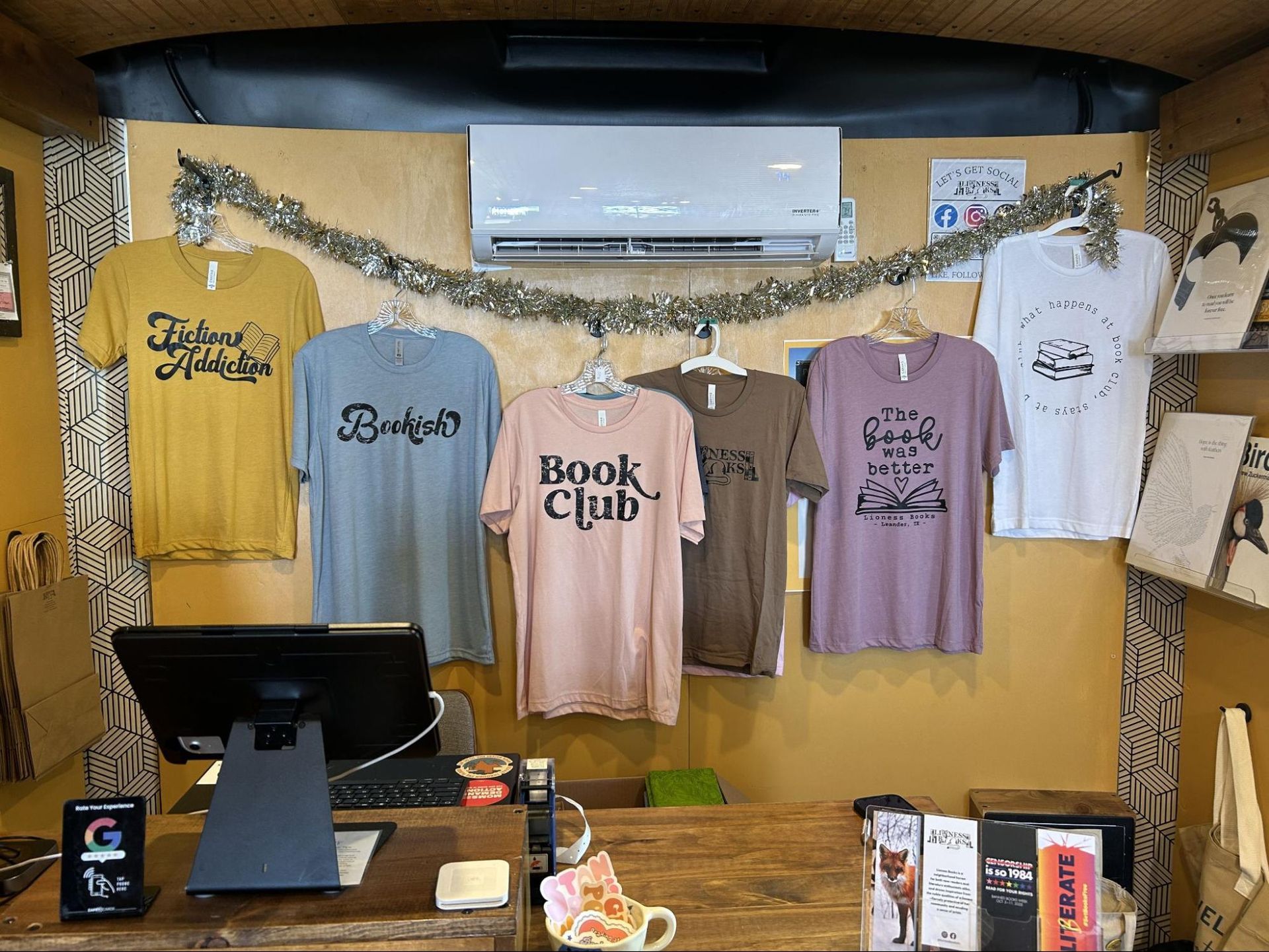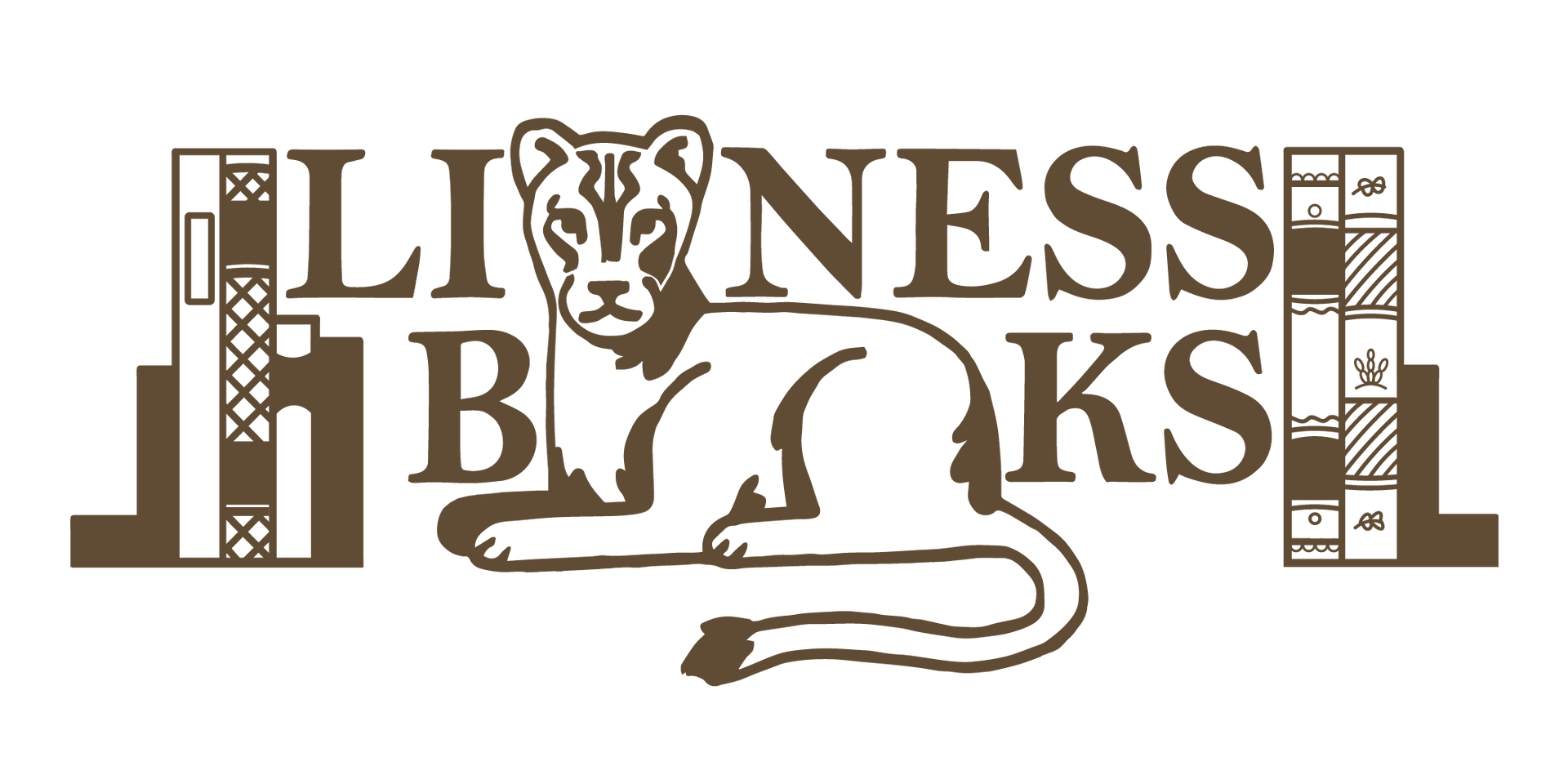In a world where the crisp pages of a book now often take the form of an eBook or audiobook, it's easy to overlook the charm and significance of independent bookstores. Libro.FM harnesses the power of the internet to bring the soul-nourishing experience of a good read right to your mobile app, giving life to the written word in ways that merge tradition with technology. This synergy offers readers like you a chance to support local bookstores with every audiobook chapter played. Libro.FM plays a vital role in sustaining local literary culture. Uncover the mechanisms this innovative platform brings benefits to not just avid readers, but entire communities as well.
Lioness Books is proud to offer a robust
online store, bringing the joy of our curated collection directly to you. But online bookshops aren't just about convenience – they offer a treasure trove of benefits that can enhance your entire reading experience. Let's delve into the reasons why online book shopping might just become your new favorite way to find your next great read.
Key Takeaways
- Lioness Books values the growth of literature and local bookstores
- Libro FM's partnership promotes the sustenance of independent bookselling
- Community bookshops are vital for cultural and intellectual wellness
- The personalized service of local sellers outshines impersonal algorithms
- Supporting local stores strengthens the fabric of the community
The Impact of Supporting Independent Bookstores In Local Communities
As Lioness Books, our unyielding commitment to nurturing the growth of literature leads us to champion the ethos of Libro.FM and their advocacy for independent bookstores. These havens of thought, with digital shelves packed with everything from science to fiction, serve as cultural infirmaries, nursing our communities back to intellectual health one reader at a time. Supporting local bookstores is akin to preserving the heartbeat of our neighborhoods.
Through our alliance with Libro.FM, we bolster the economy of ideas that independent booksellers cultivate. The act of buying a book transforms into a gesture of patronage that goes beyond commerce; it underpins the traditions of independent bookselling. This gesture provides a lifeline to these essential local outposts amidst the ever-intensifying tide of large online retailers.
Our customers often share stories of how they relish the personal touch that local booksellers provide, finding curated selections that an algorithm could never replicate. To support local bookstores is to affirm a belief in a personal, hands-on approach to bookselling, where every recommendation carries the weight of a conversation and every sale the significance of community support.
Libro.FM fortifies local bookstores, granting them the means to thrive against larger online competitors. By purchasing through Libro.FM, customers contribute to the preservation of independent bookselling traditions. This model champions a curated, personal bookselling experience that algorithms cannot match. Ultimately, Libro.FM’s platform reaffirms community bonds and intensifies the local cultural landscape through literature. If you are interested in browsing an unmatched online selection of audiobooks with great promotions, check out Libro.FM. Right now you can make a switch from Audible and receive 2 free books! Visit our website at
https://www.lionessbookstx.com/Book-Store/audiobooks
Frequently Asked Questions
How does Libro.fm benefit local bookstores?
Libro.fm supports local bookstores by sharing profits from audiobook sales, directly contributing to the financial stability and community presence of independent retailers.
What percentage of sales goes to indie bookstores?
As Lioness Books, I can share that, on average, independent bookstores retain about 1/3 of their total book sales revenue, a vital lifeline for these community keystones.
Are there exclusive offers for customers of independent bookstores?
At Lioness Books, we curate deals specifically for our community of indie bookstore patrons, offering unique discounts and benefits in appreciation of their support.












